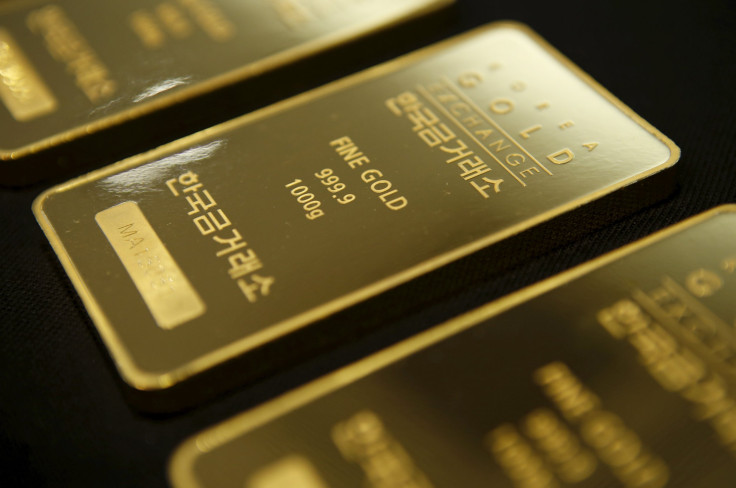What Drives Global Markets? Investors Appear At Ease In Light Of Russian Plane Shot Down By Turkey

Despite a week in which Turkish armed forces downed a Russian fighter jet -- an act that prompted an emergency meeting of NATO-member countries -- investors really don't appear all that worried. Although similar events in years past would have triggered volatile equity-market reactions, traders seemed blase not only about that incident but also the coordinated series of terrorist attacks in Paris two weeks ago, virtually ignoring the headlines.
Whether investors were waiting for the geopolitical fallout to coalesce or whether the increased use of computers to facilitate fast trading was responsible was not immediately clear. Calls to large banks and investment firms to clarify the issue weren't immediately returned to International Business Times.
At the same time investors appear to be ignoring international headlines, at least one concern eventually could force them to move their money: Benchmark crude-oil prices per barrel hit a high of around $145 in 2008 and a low of around $42.51 this month. This drop in price has put significant pressure on smaller oil-producing countries, such as Norway. Should the Scandinavian nation's sovereign wealth funds begin to liquidate assets to make up for its lost oil income, its action would likely pull down global stock markets and incentivize investors to move their funds elsewhere, the Atlantic reported.
The Financial Times reported investors appear to be more concerned about the actions of policymakers who affect the financial industry than they are worried about the kinds of major geopolitical events that shock noninvestors. Plus, judging the extent of political damage the downed jet may have caused is still largely unknown even as both countries continue to make sharp public statements and Russia announcing a number of actions, including the end of visa-free travel between itself and Turkey.
The Financial Times reported most of the so-called safe investments to which investors generally turn amid major events have gone mostly untouched this time around. Gold, long considered one such safe haven, has continued to see a comparatively low market price -- a sign that people aren't rushing to buy it. The price of gold per ounce reached a record high of about $1,900 in August 2011, but it was close to one-half that figure Friday, trading at $1,056.50.
Other havens to which investors generally flock during periods of international unrest also have seen tepid interest, with goverment bonds still weak, although German bonds were slightly stronger than most of the others.
Investors have been the beneficiaries of many central banks around the world whose monetary policies have kept interest rates low. Most notably, the U.S. Federal Reserve has both carried out multiple bond-buying programs since the global recession in 2008 and kept its interest rates low. Of course, the Fed appears likely to change its policy on those interest rates soon, which could prompt investors to reconsider where they park their money.
© Copyright IBTimes 2024. All rights reserved.












